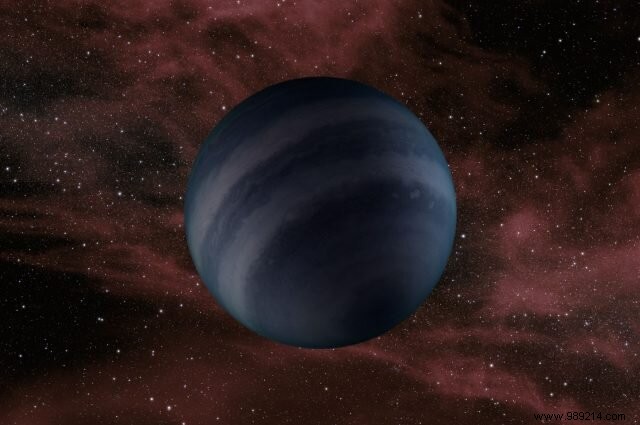In the unimaginably distant future, the explosion of a hypothetical black dwarf could signal the final chapter for our Universe.
The Big Freeze represents one possible destiny for the Universe. According to established physics, star formation will cease far in the future. Galaxies will darken, black holes will evaporate, and the Universe's temperature will approach absolute zero—ushering in thermal death.
"It will be a bit of a sad, lonely, cold place," says theoretical physicist Matt Caplan from Illinois State University. Yet this grim endpoint might not be absolute. Caplan has explored the role of hypothetical black dwarfs in this scenario.
Massive stars end in spectacular supernova explosions when their cores produce iron, which cannot fuel further fusion and triggers collapse.
Less massive stars like our Sun shed outer layers and contract into white dwarfs—Earth-sized remnants with solar mass, composed mainly of carbon and oxygen.
Over trillions of years, these white dwarfs cool and fade, becoming black dwarfs that no longer emit light, as theorized by Caplan.
Even then, quantum mechanics could enable rare fusion events. "These objects will only be ashes, but fusion reactions may still occur," Caplan explains. "It just takes a lot longer."

Caplan's research, accepted for publication in Monthly Notices of the Royal Astronomical Society, predicts that black dwarfs with masses between 1.2 and 1.4 times the Sun's could collapse and explode like supernovae. He estimates a billion billion such events, while lighter black dwarfs persist.
These detonations might begin in 101100 years—an epoch beyond comprehension. "It's incredibly far in the future," Caplan notes.
By then, galaxies will have dispersed, and black holes evaporated, making these events isolated sparks in a void.
Heavier black dwarfs explode first, with the sequence culminating in the last one's blast around 1032000 years from now. At that point, the Universe could truly be dead and silent.
"It's hard to imagine anything after this; this supernova could be the last interesting thing to happen in the Universe," Caplan concludes. "It will probably be the last supernova ever."